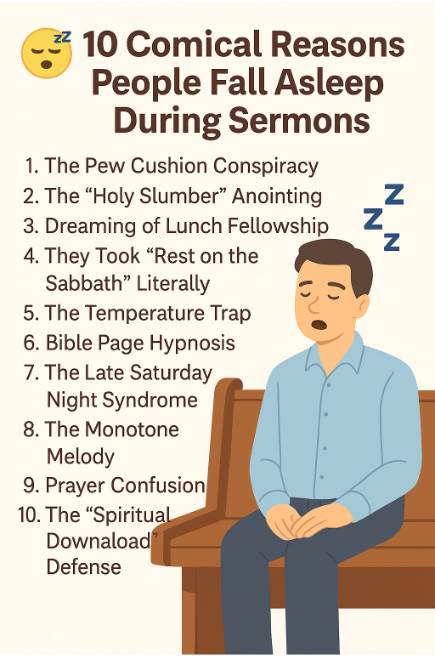
Christmas is one of the most meaningful seasons of the year for believers. We celebrate the miraculous truth that God stepped into our world, took on flesh, and came to save us. Yet ironically, the very season meant to draw us closer to Christ can also become one of the most distracting.
The problem is not that Christmas is filled with activity—it’s that our attention is often divided. Good things, when left unchecked, can quietly crowd out the best thing. Here are five of the most common Christmas distractions that can pull our hearts away from Christ—and gentle reminders to help us refocus.
1. Busyness That Crowds Out Stillness
December fills quickly with packed calendars—shopping, school events, church programs, family gatherings, travel, and year-end responsibilities. While many of these things are good and meaningful, they often leave little room for quiet reflection.
When life moves too fast, our spiritual attentiveness suffers. We can celebrate Christmas outwardly while neglecting Christ inwardly.
Scripture reminds us:
“Be still, and know that I am God.” (Psalm 46:10)
Sometimes the most Christ-centered thing we can do at Christmas is slow down.


 Christmas is one of the most meaningful and ministry-rich seasons of the year. The sights, sounds, and celebrations remind us once again of the miracle of Christ’s birth and the hope He brings into a weary world. With so much activity happening inside and outside the church, it can be easy for the heart of Christmas to get lost in the shuffle. That’s why a personal Christmas letter from the pastor to the church family can make such a powerful impact.
Christmas is one of the most meaningful and ministry-rich seasons of the year. The sights, sounds, and celebrations remind us once again of the miracle of Christ’s birth and the hope He brings into a weary world. With so much activity happening inside and outside the church, it can be easy for the heart of Christmas to get lost in the shuffle. That’s why a personal Christmas letter from the pastor to the church family can make such a powerful impact. As Thanksgiving approaches, many of us begin to reflect on the blessings God has poured into our lives. Whether this year has been filled with joy, difficulty, or a mixture of both, Scripture reminds us that “in everything give thanks; for this is the will of God in Christ Jesus for you” (1 Thessalonians 5:18). Gratitude is not a once-a-year activity—it’s a posture of the heart rooted in who God is and what He has done.
As Thanksgiving approaches, many of us begin to reflect on the blessings God has poured into our lives. Whether this year has been filled with joy, difficulty, or a mixture of both, Scripture reminds us that “in everything give thanks; for this is the will of God in Christ Jesus for you” (1 Thessalonians 5:18). Gratitude is not a once-a-year activity—it’s a posture of the heart rooted in who God is and what He has done. As followers of Christ, we are called to give “honor to whom honor is due” (Romans 13:7). Veterans have given of themselves in service to our nation—many at great personal cost. The church has a wonderful opportunity to recognize their sacrifice and to remind them that their service reflects the heart of Christ, who said, “Greater love has no one than this, than to lay down one’s life for his friends” (John 15:13).
As followers of Christ, we are called to give “honor to whom honor is due” (Romans 13:7). Veterans have given of themselves in service to our nation—many at great personal cost. The church has a wonderful opportunity to recognize their sacrifice and to remind them that their service reflects the heart of Christ, who said, “Greater love has no one than this, than to lay down one’s life for his friends” (John 15:13). A Little Humor for the Hard-Working Pastor (with a sense of humor)
A Little Humor for the Hard-Working Pastor (with a sense of humor)